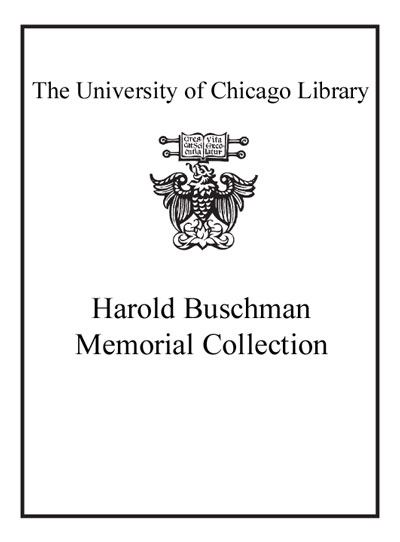Review by Choice Review
Hahn (Franciscan Univ. of Steubenville) offers a revision of his dissertation that bears only vestigial marks of its origin, mainly in the endnotes and bibliography tucked away at the end for the specialist. The author interprets the portrayals of Jesus Christ in Luke 22, Galatians 3-4, and Hebrews 1-9 through a narrative analysis of covenants in the Old Testament. Hahn distinguishes three types of OT covenants introduced in canonical order: the kinship covenant (Abraham), the treaty covenant (Sinai), and the grant covenant (David). Luke 22 develops the grant covenant to portray Jesus as the Davidic king whose rule becomes apparent through the life of the church gathered in the perpetual messianic banquet. Galatians 3-4 shows Paul's covenantal understanding grounded in the kinship structure of the Abrahamic covenant whereby Jesus opens the way for Israel and other human families into a filial relationship with God. In Hebrews 1-9, the author presents Jesus as firstborn son and royal high priest who reverses the negative consequences of the treaty covenant resulting from Exodus 32 to fulfill it and the covenants with David and Abraham. A useful volume on biblical covenants. Summing Up: Recommended. Upper-division undergraduates and above; general readers. J. W. Wright Point Loma Nazarene University
Copyright American Library Association, used with permission.
Review by Choice Review


